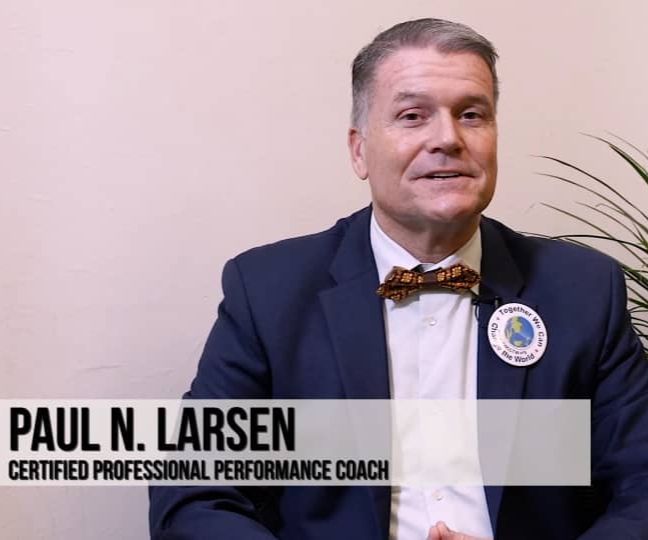Why Striving for Perfection Stops You Doing Your Best Work

It’s human nature to want our work, efforts, ideas and projects to be good, to reflect well on us. We try to do our best, give our best and deliver the best. But some recent research has revealed that this drive for ‘the best’, isn’t always a smart use of our time, nor our abilities.
PhD Researchers Curran and Hill have found over their studies of over 40,000 people that the trait of perfectionism is on the rise. Too many of us are pulling all-nighters, working back late or tweaking and tinkering with things in an effort to make them better. As a result, we don’t do ourselves, or the task any favours.
While going for excellent and high quality is important for many things, we need to be aware that expecting perfect can lead us instead to health problems and lower quality work. It’s almost as if this is working in reverse! While we’re trying to make things better, we might actually be making them worse.
Perfectionism is no longer the character trait we should be boasting about or proudly offering up in job interviews as the weakness we don’t mind having. Instead, perfectionism is behind increasing levels of anxiety, depression, insomnia, suicidal thoughts, burnout and other more specific health issues like migraines and asthma. This effort of striving for perfect is making us sick, which in turn means we’re not bringing our best selves to the work we’re doing.
We’re mistaken if we think that staying back late or working longer hours to tinker with a presentation or finish that report will actually make a big difference. It often doesn’t. All it does is show that we are tired, losing concentration and instead causing errors, mistakes and issues that end up leading to costly reworks.
>> Read these supplementary articles:
- The 3 Types of People Who Get Stuck
- How Perfectionism Makes You Worse At Your Job
- The Perfectionism Trap: The Devil Really is in the Details

So pause on the pursuit of perfect and instead, do these five things to do your best work:
- Be well rested. Working late and then returning for an early start the next morning is a foolish economy. Put your best effort in after a full night’s sleep; this will mean you’re more able to work swiftly on tasks with a clearer mind and you’ll problem solve better.
- Work in the morning. Recent research is suggesting that our drive to work back late or pull an ‘all-nighter’ isn’t delivering the results we’re hoping for. Instead, get started at the other end of the day… in the morning. We’re more alert, thinking clearer and less likely to slip up and make errors of judgement.
- Create drafts and seek early feedback. Rather than slogging on through to finish an entire project, complete just a slice or increment of it and then get feedback and validation. Are you on the right track? This saves plenty of wasted time and effort that may not have been needed or worse, could have you heading in the wrong direction.
- Go for iteration over perfection. The software development world knows a secret and that is, to release apps, websites and programs that are at first, imperfect. They release the highest value elements of the program into the user’s hands first, so they can get feedback on this early version and valuable insights on what else the customer’s need.
- Improve over time. Don’t go for faultless and perfect on your first version or attempt. The greatest idea can always be traced back through earlier versions, rough drafts and first cuts. Initial efforts can be tested and validated rather than huge amounts of time committed to tasks that don’t require the effort.
With the desire to do well in our careers and our daily life a high priority for many, it’s no wonder we associate high levels of performance with success. But the new world of work instead requires us to adapt, to put our ideas out there sooner, to gain feedback earlier and to make improvements over time.
Put your hand up for progress over perfection and you’re more likely to deliver work that’s of better quality in the end and fit for the purpose it was intended. Nobody’s career is worth the problems that perfectionism can cause, and no organisation or leader should be demanding it. Take care of you and you’ll do your best work. And that’s a smart career move!
>> This article may interest you: Cultivating a Growth Mindset in Organisations through Design Thinking <<
[Link to Lynne Cazaly post]
You must learn how to cultivate a growth mindset to release from the shackles of 'Perfectionism'. Watch an inspirational video below on 'Growth' based on a true experience:
Hey there! Click here if you are interested in Leaderonomics Learning and Development — A customised learning curriculum aligned to your people and business strategy, growing your people's skills.
Functional
Tags: Emerging Leadership
Lynne Cazaly is a work futurist and an expert in new ways of working. She is an international keynote speaker and award-winning author with her ideas and thoughts published in 10 books.
Read more at www.lynnecazaly.com





